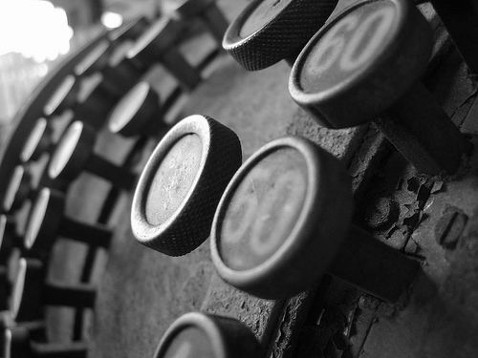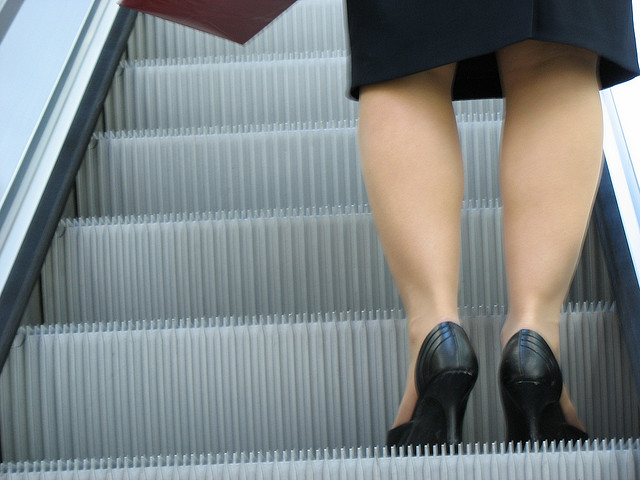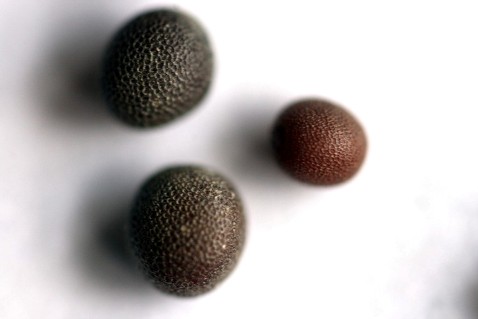after the fire
/ photo by bsteele.
photo by bsteele.
When he asked me to help him clean after the fire, I didn’t know what to expect, but I agreed. I grabbed a headlamp, some throwaway clothes, my combat boots. Of course, I agreed. It was my stepfather's ancestral home. And everything was gone.
He told me the story in the morning. His mother and father in their eighties watched from the street as the fire ravaged their home. My stepfather cried when he told me that detail, and I could see them in my mind's eye watching their house engulfed. It is a particular kind of hell to watch a tragedy and not be able to do anything. People asked what caused the fire, and they just didn't know. Fire is random and cruel sometimes. It was this time.
Generations of his family lived in the house, which once served as the General Store and first Post Office in this area of the Poconos. When they closed the door to business, it was the late sixties. And they literally just shut the door, left the shelves stocked, the cash register in its place, the butcher and bakery cases empty but for the metal trays. Unclaimed and undelivered envelopes rested in the postal cubbies. Through the years, they used the space for storage, and so boxes of antiques, china, clothes, magazines, hundreds of thousands of dollars worth of family heirlooms and antiques were stacked around the aisles of the store. One day, they were going to go through it. One day, maybe they would even open again. One day, until it was thirty years later and it was gone in one night. Poof. The caveat repeated by everyone from the police officer to my mother to the neighbors, but everyone is okay. Everyone is okay.
Noone looked okay.
They looked like charcoal outlines of themselves, standing devastated in front of what was once the heart of the family. The house where my stepfather grew up, the place where he had Thanksgiving and birthdays, and where he visited his aging parents was half standing, naked, open to the world. His eyes filled with tears as we pulled up. "I have been here every day since the fire, and it still shocks me when I see it." Strange as it seems, I had never been to the house. I was an adult when my stepfather married my mother, and his elderly parents came to our house for holidays. I could see the majesty and beauty of the old stone house in the same moment I could see its ravaged barebones.
I should have gone before. I should have helped him clean it out before the fire. But how would I have known?
Miners lights on our heads, we waded into the blackness. Even with the front door wide open, the charred remains of the room sucked the sunlight into the walls. It was oppressively dark. My eyes adjusted, then sought the comfort of not processing anything, then refocused. I hadn't met Sam yet, or had any of my children, but I missed them. I missed a family in whose health I could feel comforted by in the wake of fire. I missed someone to miss. I felt the swirling chaos of a disaster, the meaninglessness of it all, the loneliness and fragility of my humanness. One day, many years from that moment, I would feel that way again times a thousand.
The gravity and devastation of the fire didn't hit me until I was knee-deep in the soggy aftermath of things that belonged to people. A blackened Stickley chair. A box of wet Life Magazines. A cash register from the 30s. My headlamp rested on a shelf lined with full boxes of untouched Jello packages from the 1960s. Perfectly intact. No soot. No smoke damage. No water damage. Just Jello. The shelf underneath filled with unrecognizable black lumps of nothing. The gelatin spared and a box of letters written during World War II gone. So random. So very cruel.
We pulled the things one by one out into yard, so we could photograph each item. It would take weeks to do the entire house. My stepfather teared up here and there. He cried right and proper when he found a box of childhood toys, trucks melted into the box bottom. A toy he made his nephew when the boy was just two. He remembered the lost things after they were charred and unusable. Like finding them and losing them in the same moment.
I know that feeling now.
My step father pulled out old butcher trays. “You want these, Ang? They’ll clean up. What about this cast iron cauldron?”
“Sure, I’ll take it.” I took everything offered. I scrubbed pots and old antique toys for weeks. I don’t know if I wanted it or anything really, but a pie plate out of context seemed curious, exotic, foreign, important, even. I lived a single life in a two bedroom apartment in the city. I didn't need these things, but I just didn’t want everything to be lying out in the front yard, bit by bit. A life dissected and eviscerated in front of God and everyone, catalogued for a faceless entity on the other end of an insurance policy. How much is a broken play horse played with by you, your father, and your grandfather worth? Later, we threw the unsalvageable things into a rented dumpster. That brought a kind of oppressive sadness on my chest and shoulders. There it is. There it was. You cannot save everything that is broken.
The smoke smell radiated off me, out of my hair, for days after. I kept remembering standing in the absolute black of the General Store, staring out to the street, the front door open. I watched a butterfly dance through the door and into the rubble. The juxtaposition of it haunting and beautiful. I wanted to call out to my stepfather, a bird and butterfly watcher, but it seemed sacrilegious. I just stopped and watched it quietly flit around the edges of the room and explore for a few seconds before it turned and flew into the light again.
There is nothing here for me, the butterfly says, but everyone is going to be okay.
+++
I had my own kind of fire. Everything about me was destroyed when she died. I felt all of these things again, except it was me consumed by fire, tornado, war, devastation, death. My charred backrooms left open to nature and the neighbors. After the fire, some shelves in me were left unscathed. After the fire, I pulled everything out of me one by one to catalogue all my losses. After the fire, some boxes contained full sets of antique china that you could save if you scrubbed them clean of the soot with the perfect amount of delicacy and toughness. After the fire, when it looks like everything is gone, you find a box of expired Jello and a butterfly flits past your miner's light and you think, "Everyone is going to be okay."
When she died, I touched those times where I came face to face with random chaos all over again. I realized those moments reminded me of losing my daughter, not the other way around. I am learning to lay all of me out in the front yard, take pictures, and save what I can. I am learning how to discern what is salvageable inside me. I am learning to figure out what I must throw into a dumpster. I am learning.
What experiences did you have before your loss that you are seeing with a different perspective? What experiences are you processing now through the lens of loss? What have you learned to salvage after your loss? What things are you throwing out after your loss?




